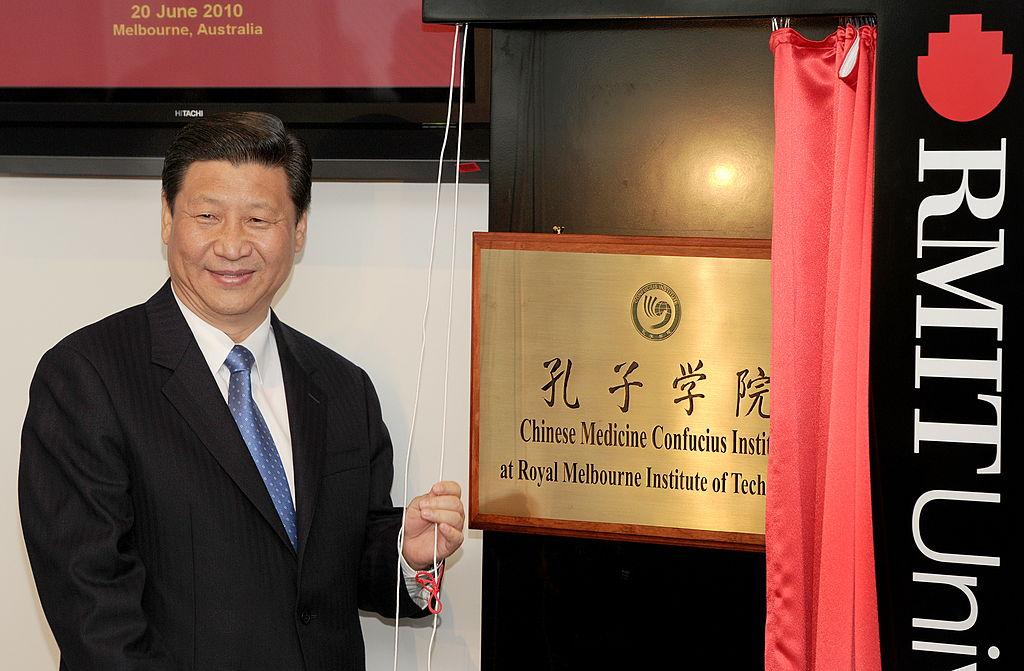A college affiliated with the University of Waterloo confirms its contract with China’s Confucius Institute (CI) ended last year—joining the ranks of other institutions in North America and around the world that are cutting ties with the Beijing-led program.
A spokesperson for Renison University College said in an emailed statement on Nov. 18 that there has been no activity between his institution and CI “since before the beginning of the pandemic.”





